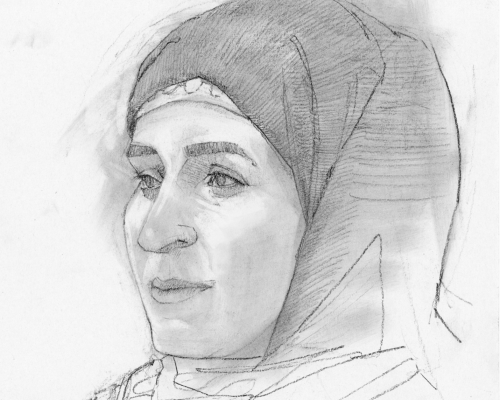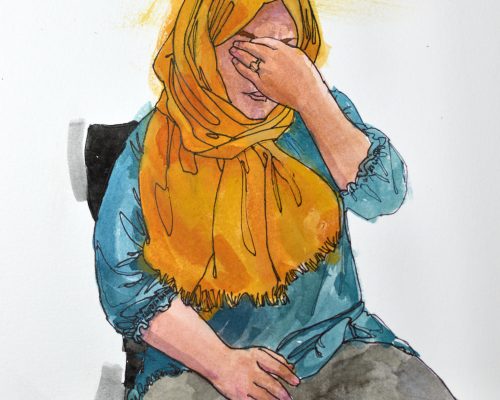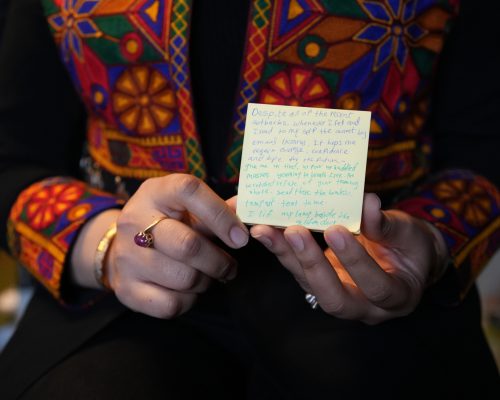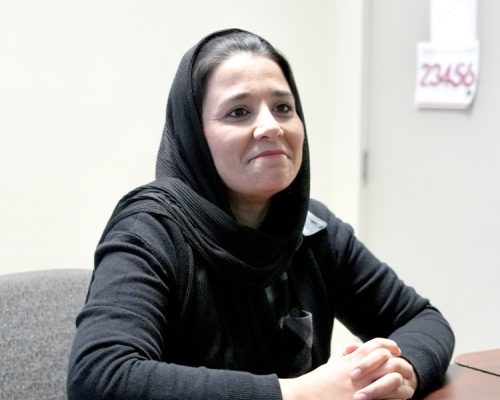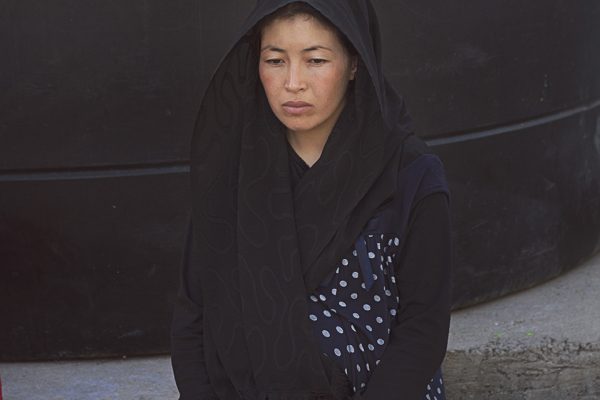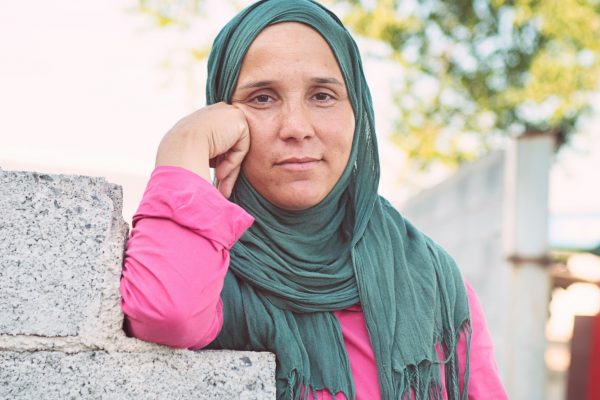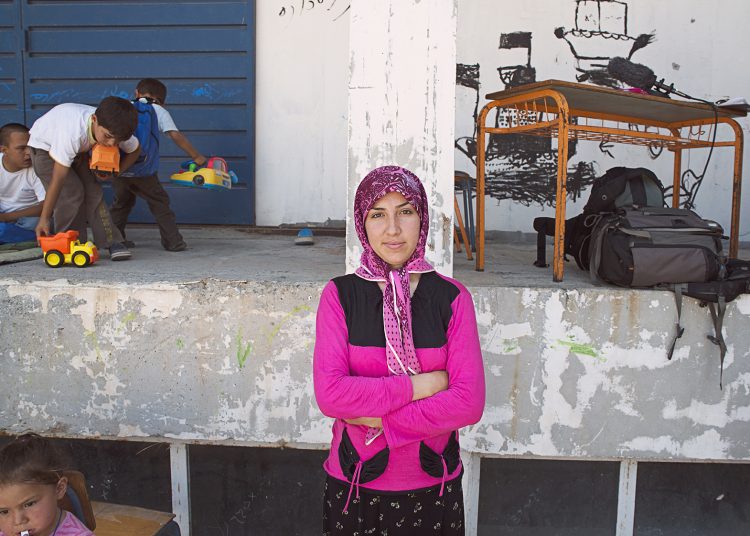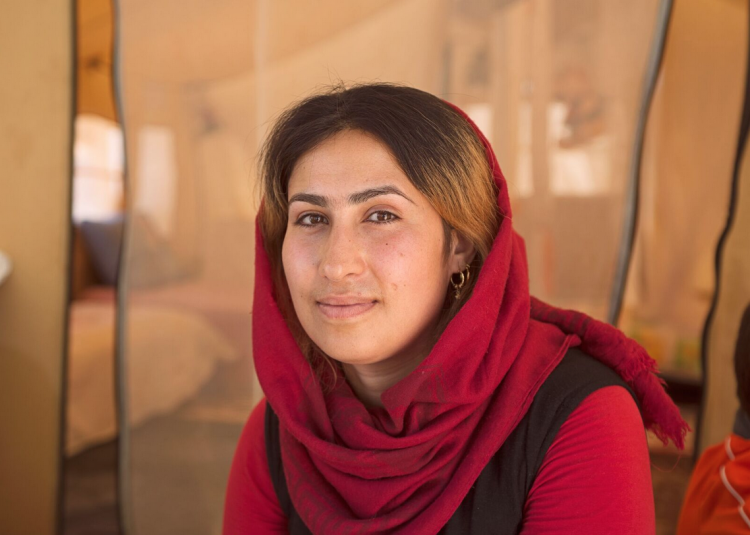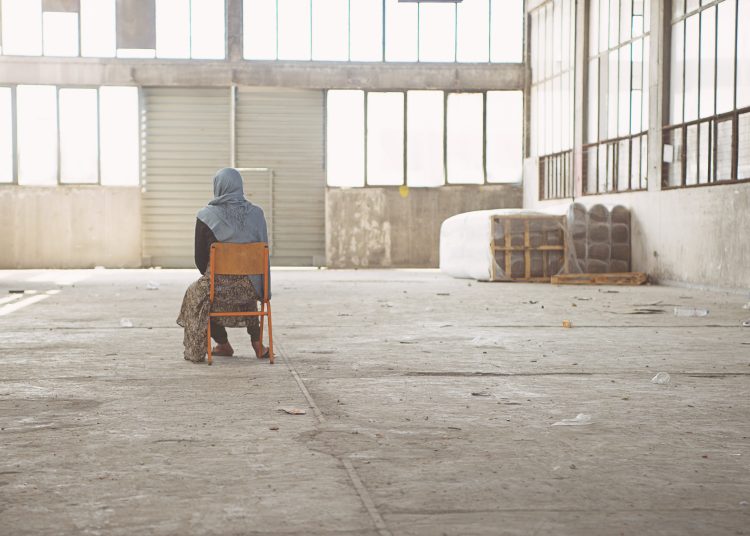Taliban Take Over: Voices from Afghanistan
This page is dedicated to all our Afghan friends who have made the treacherous journey to safety, to their families still at risk back home, and to everyone interested in learning more about the life before and the life now in Afghanistan.
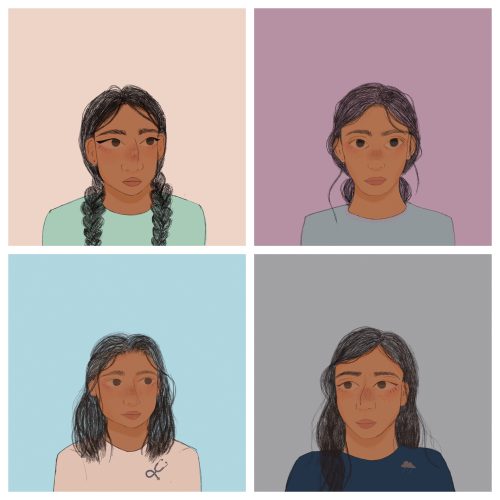
Diary of An Afghan Woman: Snippets of life during the take over
Zoya. Hasti. Baran. Noor. Mother. Teacher. Student. Wife. Dreamers. Curious. Fearless. Women from Afghanistan.
Read the thoughts shared about their daily lives, expressions of love and sadness toward their country and the people. These are the snippets of their initial journey through the uncharted new chapter in Afghanistan's history.
Update: TSOS was honored to provide a platform for their initial thoughts. Since these journal entries were made, their lives took a drastic turn. For safety purposes, names have been changed and only avatars (designed with input from each woman) were used. No additional entries were posted to protect them.
With the Taliban controlling main roads, airports, and border crossings, the journey to safety was hazardous, and options were limited. For those who were able to leave the country, the routes taken were hard, dangerous and the distances long.
Consider this: An Afghan family from Kabul, seeking refuge in Frankfurt, Germany, would have to walk almost 4300 miles (6900 km), cross several 10,000ft mountain ranges, and make a treacherous sea crossing between Turkey and Greece in an overloaded, unseaworthy rubber boat. That distance - from Kabul to Frankfurt - is the equivalent of walking from Boston, Massachusetts, to San Diego, California, then up the West Coast, past Seattle, Washington, to the Canadian border (distances calculated using Google Maps).
*Temporarily, at the U.S. request
**UK pledged to take 5,000 this year, with a ceiling of 20,000 in the longer run
***US accepting 30,000-80,000
****Albania has pledged to take up to 4,000 - currently, there are 677 in Albania awaiting final resettlement
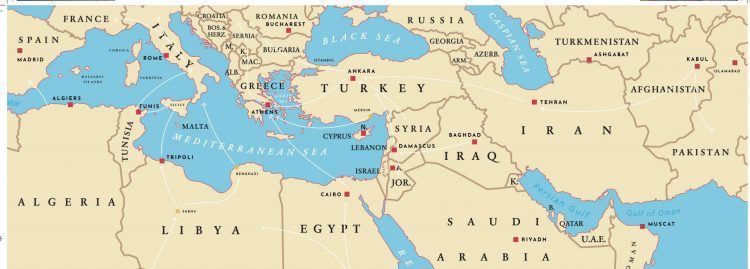
current situation
Since the Taliban Take Over in August 2021, nearly 6.4 million people have been displaced globally. This makes Afghan displaced population the third-largest, right after Syrian and Ukranian refugees (Source: UNHCR 2023 Global Trends Report).
Of the population remaining in the country, OCHA's humanitarian report published end of April estimated that 23.7 million - over half of the population - require humanitarian aid this year (Source: Security Council Report on Afghanistan).

where are they now
Since the initial take-in of Afghans by Western powers, most refugees sought safety in neighboring countries, such as Iran, Pakistan, Tajikistan, Uzbekistan, and Turkmenistan. As of December 2023, most reside in Iran and Pakistan. Unfortunately, the assistance refugees receive in these countries is extremely poor - from no access to shelter and healthcare to facing discrimination and mass deportations back to Afghanistan (Source Chart: Operational Data Portal).
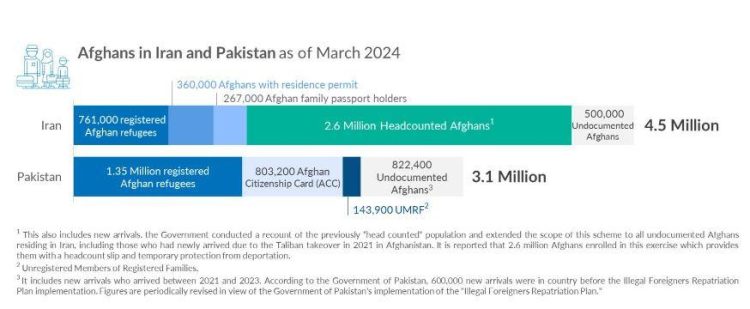
So far, United States, EU countries, Canada, Australia, and United Kingdom have afforded the near-to-equal rights with their own citizens to the refugees through provision of visas, health care services, and opportunities to enter the labor market. While conditions are not the most ideal, Brazil also stands out in their fair treatment of the refugees. An unlikely candidate has taken in around 4,000 refugees and has provided humanitarian visas for those residing in their countries.
Read more about Afghan refugees' current situation here, and what the international community can do to help.
* The statistic registers Afghan students currently residing in India only.
** Statistic registers mainly those who were evacuated on US military planes in 2021 or have received entry into the country thorugh the Afghan Adjustment Act in 2021 and early 2022.
Speaking at a meeting on women, peace and security, Tadamichi Yamamoto, the UN’s Special Representative and head of the mission (UNAMA) stated that the “Gender inequality continues to prevail in Afghanistan with regard to women’s participation in peace processes, despite the fact that women are as affected by the conflict as men” (Source: United Nations).
This begins with women's access to education, criminal justice, and the labor market.
Afghan refugees have experienced the trauma of being forced to leave their homes. Many have faced multiple traumatic experiences, such as family separation, violence, and persecution which put them at risk for developing mental disorders including post-traumatic stress disorder (PTSD), depression, and anxiety disorders (Turrini et al., 2017). And the severity of these disorders may be exacerbated with longer asylum procedures or for asylum seekers who do not have official refugee status (Gerritsen et al., 2006; Laban et al., 2004). Post-migration living difficulties can also predict mental health problems in refugees (Li et al., 2016). Such difficulties may include regular life stressors such as medical visits or finding an apartment, compounded by language barriers and navigating an entirely foreign system. Afghan refugees also have relatively low mental health literacy (Yaser et al., 2016). All of this makes mental health a critical issue when considering Afghan refugees.
LEARN MORE ON THE TOPIC
Their Story is Our Story collects and shares the experiences of refugees to deepen understanding and influence action. We urge local citizens to create communities where newcomers feel supported and safe by contacting your elected officials to express support of refugee resettlement, to volunteer, or to donate in-kind or funds.
